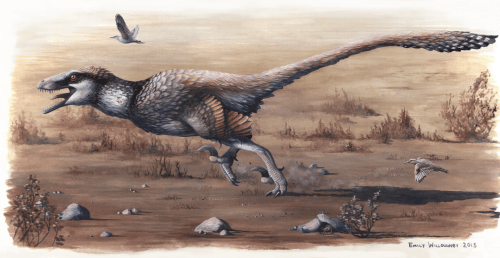'Open' is about equality
This was originally posted at: http://blogs.plos.org/paleocomm/?p=487 OpenCon 2014 was an epic milestone for the global research community. OpenCon 2015 was different. OpenCon 2015 was a storm. Never have I seen such energy, such drive, such raw creativity unleashed than on the few days we had in Brussels. Designed to bring together students and early career researchers from […]
